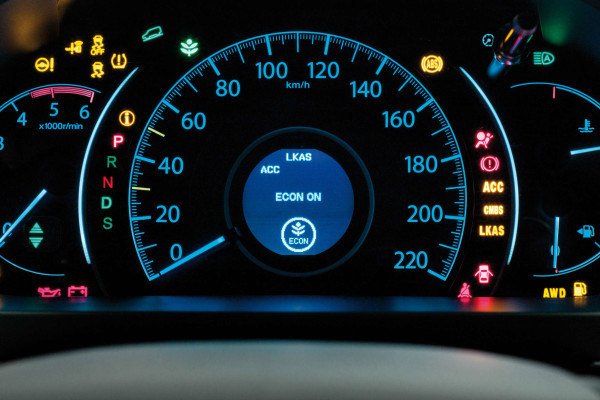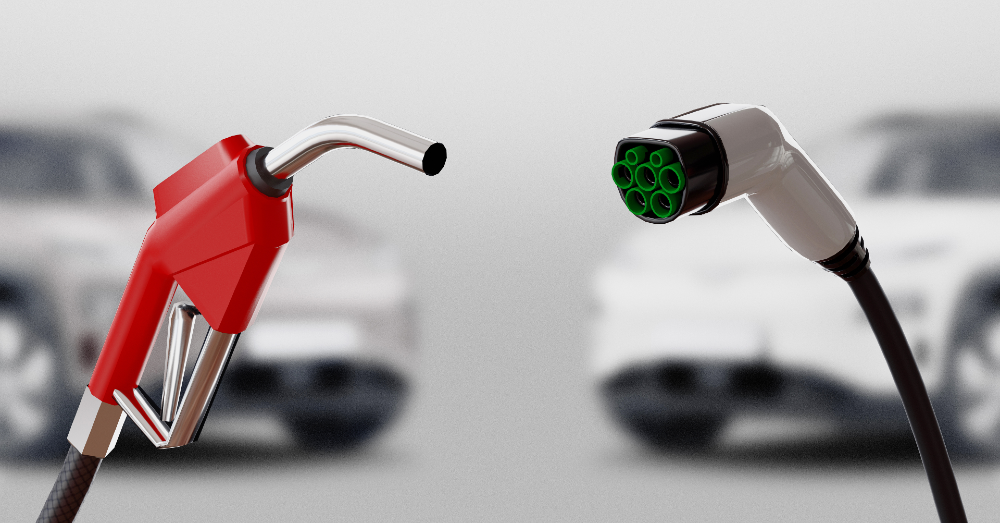
Honda unveils the world’s first predictive cruise control system
Current implementations of Adaptive Cruise Control (ACC) are able to monitor what lies ahead of the vehicle and automatically manage distance and braking accordingly. As impressive and useful as this is, Honda wants to take things a step further by actively analyzing and tracking vehicles in nearby lanes in order to predict cut-ins before they occur.
Honda calls the system Intelligent Adaptive Cruise Control (i-ACC), and has based it on extensive real-world on common driving styles found in Europe. By utilizing a series of cameras and radars, the system is able to sense the position of other vehicles that are driving on the road and then applies an algorithm to predict the likelihood of those vehicles cutting into your lane. It does this by evaluating the relations between multiple vehicles, which enables vehicles that are equipped with the i-ACC to be able to react in a manner that both quick and comfortable.
“The new i-ACC system is able to compute the likelihood of a cut-in up to five seconds before it occurs, and is therefore designed to react very smoothly so as not to startle the driver, who might not yet be aware of the imminent cut-in,” said Honda on its European website. “In this case the system applies just a mild brake initially, with an icon appearing on the driver display , informing the driver why a slow-down occurs. It then proceeds to apply a stronger brake to adapt the velocity to keep a safe distance.”
This advanced new system was born as a result of an in-house research and development project that was undertaken by an international team of Honda researchers in Europe and Japan. Research into the behavior of drivers all across Europe was carried out in order to ensure that the system knew exactly how to navigate European roads.
Unfortunately, the system isn’t expected to come the United States anytime soon, but for those of you living in Europe, the i-ACC is expected to make its debut on the new European CR-V sometime this year, building upon the existing ACC systems. Dr. Schmuedderich, a researcher at Honda Research Institute Europe GmbH, said: “I-ACC is a significant breakthrough and a considerable further step towards a new generation of driver assistance systems that anticipate the behavior of other traffic participants.”
This post may contain affiliate links. Meaning a commission is given should you decide to make a purchase through these links, at no cost to you. All products shown are researched and tested to give an accurate review for you.



